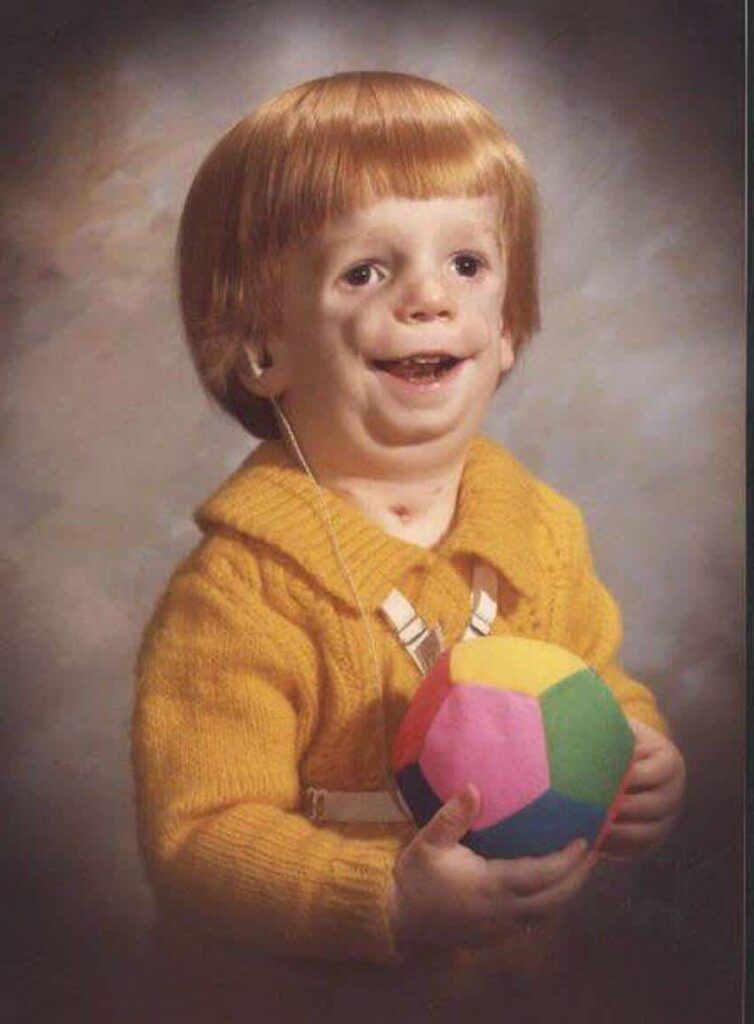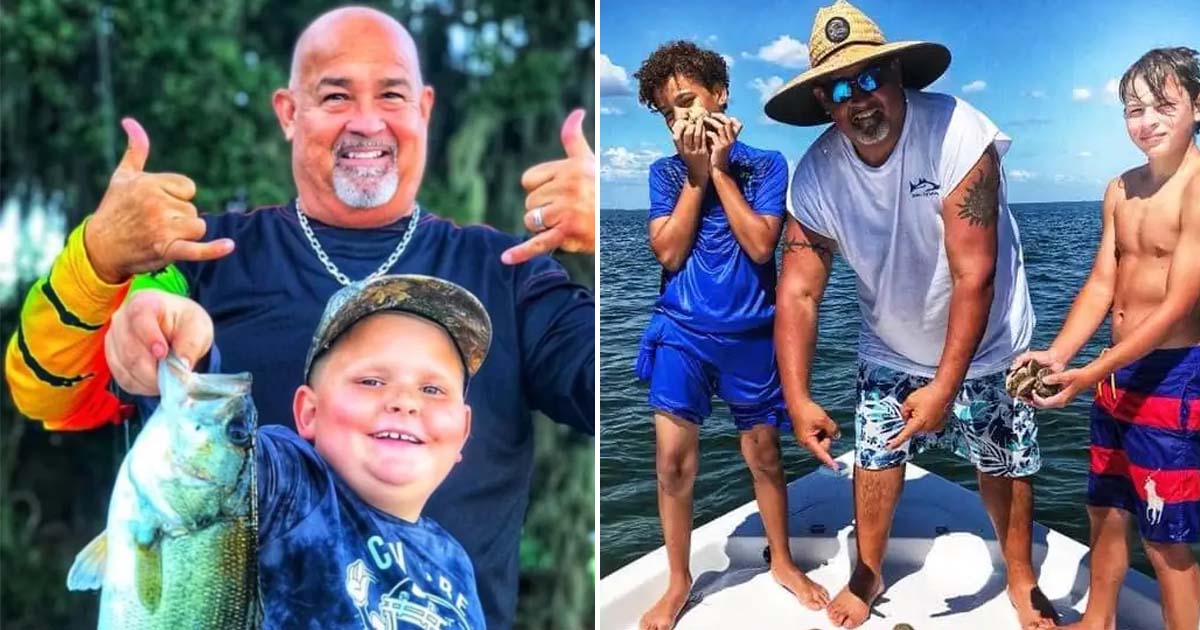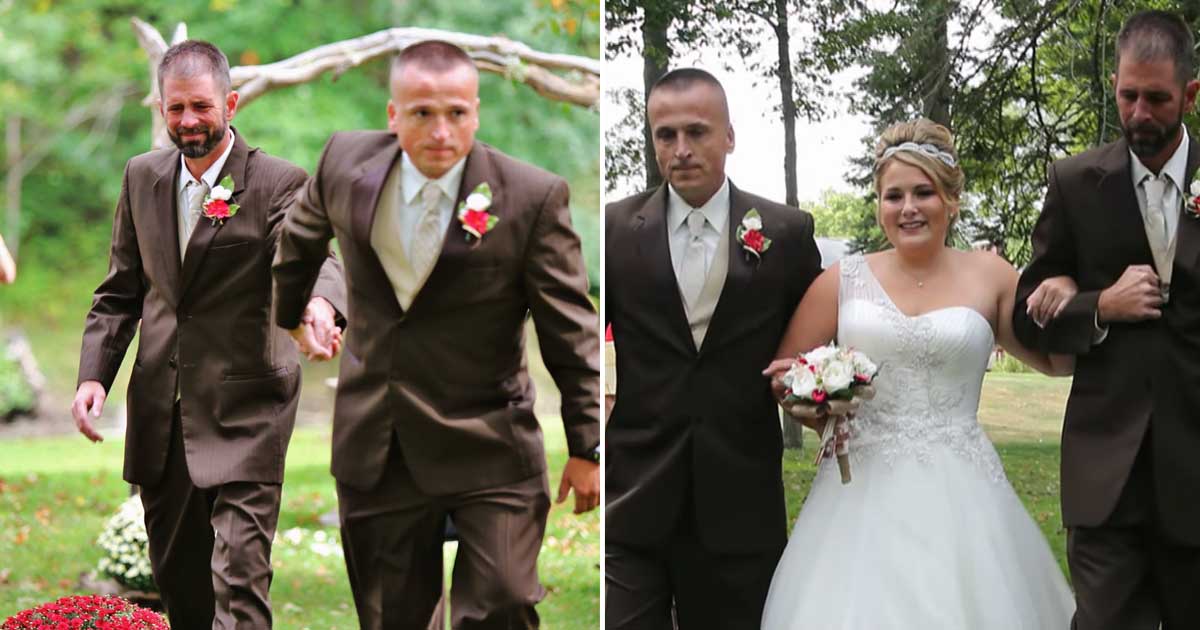He was bullied for his ‘looks’ as a child, he attempted suicide twice—today, he’s a children’s doctor
Have you ever heard of Treacher Collins syndrome? It’s a condition that can greatly impact those who have it.
Michael Goodman, a pediatrician from Indiana, knows this firsthand as he grew up with the syndrome. Treacher-Collins syndrome affects the development of bones and other tissues in the face, leading to deformities and malformations in the ears, eyes, cheekbones, and chin.

This can cause facial disfigurements and make everyday life more challenging. In fact, the condition affects one in 50,000 people and is caused by mutations in a specific gene, making it incurable.
If you’re not familiar with the syndrome, you may have seen it portrayed in the movie Wonder, which tells the story of a boy named Auggie Pullman, who also has Treacher Collins syndrome. The heartwarming and emotional story gives insight into what it’s like to live with facial differences and be bullied because of them.
Michael, like many other children with his syndrome, was a victim of bullying from a young age. Unfortunately, he couldn’t even walk through the halls of his school without being tormented by other students. While his elementary years were manageable, his middle and high school years were a nightmare, leaving him with little self-confidence or self-worth.
According to Michael, he was teased every day during this time, which made him dread going to school or even hope that certain classmates would be absent so he wouldn’t have to deal with them. “Middle and high school were really, really rough. I got teased every day pretty much, and it really made me want to not go to school some days or there were days I was hoping certain classmates of mine would not show up or be absent so I wouldn’t have to deal with them,” he told The Tribune.
Michael’s determination helped him overcome his syndrome, and he refuses to let it define him. He advises others with chronic medical conditions not to allow their conditions to define them entirely. Although he acknowledges that it’s a part of who they are, it should not be all of who they are. Michael currently works at Riley Hospital for Children at IU Health.
Improving awareness of Treacher Collins syndrome is an important goal, and individuals like Michael are taking steps to share their personal experiences in order to educate others. In anticipation of the release of the movie Wonder, Michael shared a Facebook post about the condition that we believe everyone should read. His post received over 3,000 shares and sheds light on the challenges faced by individuals living with this condition.
The post read:
“My name is Michael Goodman and I’m a 37 year old pediatrician. I love ice hockey, ice cream, and quite possibly Maggie on The Walking Dead.
I also have Treacher Collins Syndrome, like Auggie has in Wonder. The mutation responsible for the syndrome affects development of the external ears, middle ear bones, cheek bones, and lower jaw. I have experienced 75% of the social struggles Auggie dealt with, plus attempted suicide twice my senior year of high school in addition to a family not allowing me to take care of their child as a physician due to my appearance and my speech.
Words can and do hurt.
People with facial deformities want to be treated like any other normally developed person: respected, even loved
This is why Wonder needs to be read, spread, and shared. In her book, R.J. Palacio has done an amazingly powerful job of describing what it’s like to be a kid with a facial difference.
Please read the book and educate yourselves, your children, and #ChooseKind. And see the movie.”
Michael Goodman is a courageous man who serves as a great inspiration for anyone living with a facial deformity. He has achieved an amazing feat by becoming a pediatric ICU specialist, despite facing emotional and mental abuse from his peers during his early teenage years. Michael’s life has been full of struggles, but his past experiences, both positive and negative, have molded him into an incredibly fascinating and gifted individual.
Share this article to inspire your loved ones.





